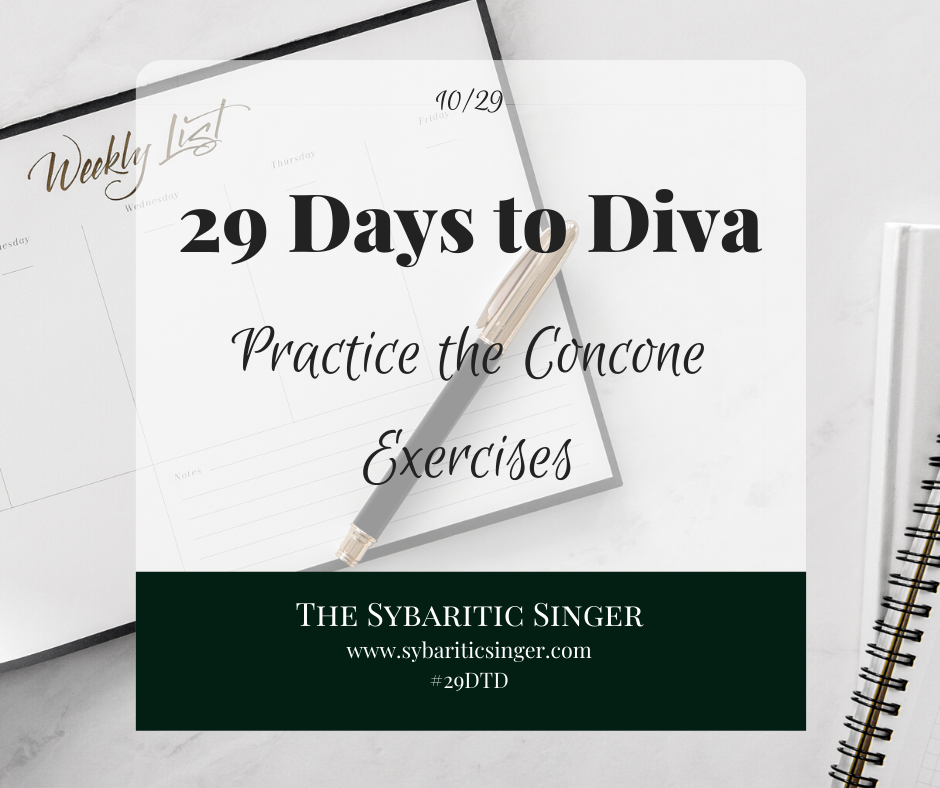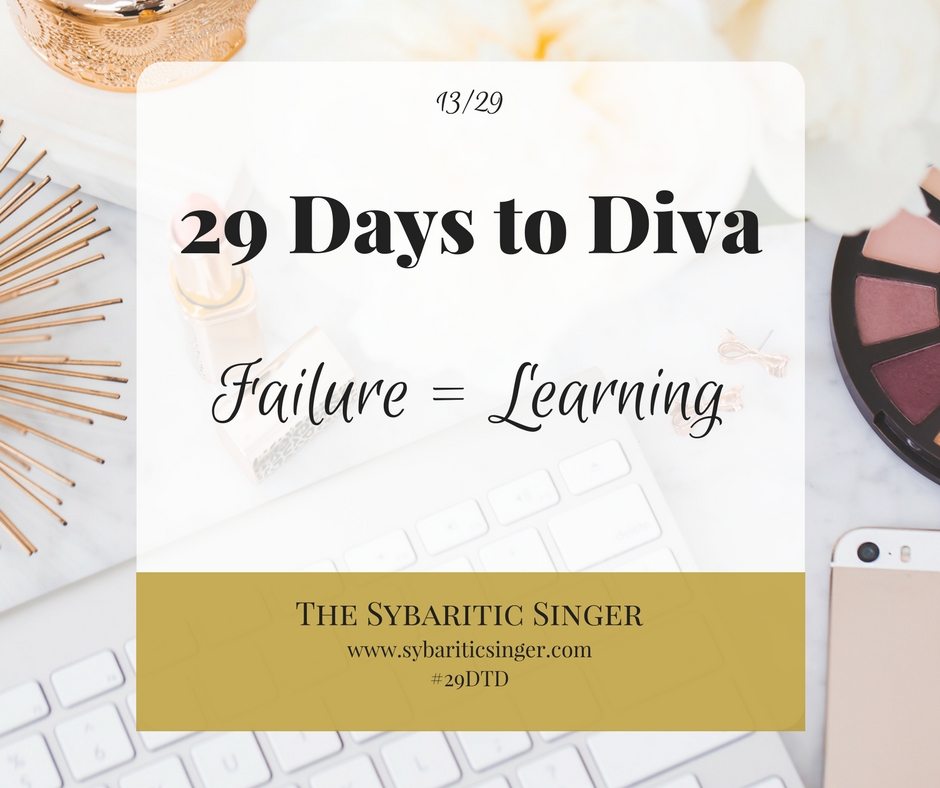I shared earlier in the series that I work with my coaching clients on identifying whether their craft, their network, or their materials need the most immediate help. My coaching clients are smart cookies who are usually crushing it in many parts of their professionally creative lives. So, why are they coaching with me? Because they know they can have a bigger impact if they work with someone who is able to tailor information directly to their experience and needs. They also want someone who can gently help them identify their weak spots and provide actionable steps to strengthen those areas.
These performers and composers are often fantastic at their craft. Why? Because academia is a factory that churns out musicians good at their craft. They come to me because they need a trusted source for information around network and materials.
Music school is designed to teach you the craft
Conservatory, college, and university music departments, by and large, are devoted to educating their students in the way of craft. With exceptions, many departments barely spend any breath on your materials. Some like to tell you that by earning a degree with their fancy name on it, you’ll be granted access to a vast network of superstars. They’re relying on the fact that if they tell you that you’ll need it, you’ll take on the learning, application, and the actual making of connections after you graduate.
This is a long-winded intro that ultimately sets us up to go in a different direction. I know… bait and switch. But, I wanted to explain why 29 Days to Diva tends to be heavy on the network and materials side of the equation. That is why we’re ten days into this series and just now starting to talk about technique. I know that singers feel more comfortable seeking out voice teachers and repertoire coaches than they do seeking out and hiring business coaches.
[Like the images that you see in the 29 Days to Diva series? Haute Stock is my secret weapon for the kind of photography that will get you noticed and leave a lasting first impression.]
29 Days to Diva Day 410 Assignment – Practice Concone’s Exercices pour la voix, Op.11
You may have done our “Find Your Blind Spot” assignment the other day and realized that craft is the area that needs your immediate attention. Today’s assignment is going to help with that.
Download the Concone Exercices pour la voix, Op.11 from IMSLP. (Please also throw some dollars their way. They provide an incredible service to our field.) During your practice session today and into the foreseeable future, tackle one or two exercises. Get these etudes to be a part of your autonomic nervous system. In essence, make them a living part of your voice. One of the things I really love about these exercises is that it also includes different modes in the examples – not just major and minor. (When you finish with these, move on to Concone’s Fifty Lessons.)
I encourage you to specifically work on aspects of your technique that you want to refine within and with each exercise. Need some prompts to focus on? Let’s turn to our trusted guru Richard Miller (Miller, Richard. The Structure of Singing: System and Art in Vocal Technique. Germany: Schirmer Books, 1986.):
- Coordinated vocal onset and release
- Breath management in singing
- Agility in singing
- Resonance and vibrancy
- Vowel clarity and efficiency
- Unifying the registers
- Sostenuto
- Messa di voce and dynamic control
- Vocal timbre and ability to change colors
- Coordinating technique and communication
Mastering vocal technique supports my ability to communicate
I wanted to share some of the Diva mentorship provided to us by the incomparable Jarrod Lee that will hopefully elucidate the through-line in this post. This season you can find Jarrod as a featured soloist in the ensemble of Porgy and Bess with the Metropolitan Opera. He also premiered the role Joe Louis in Shadowboxer: an opera based on the life of Joe Louis by composer Frank Proto and librettist John Chenault. One of the things that I admire about Jarrod is his commitment to uplifting stories that are rooted in the experience of being black and gay. He uses his powerful voice to add to the cannon of stories in opera written by Black Americans which are too rarely seen on the operatic stage. When asked about advice that he would share he said:
Your gifts make room for you. This was my mantra through Central Alabama Community College, Jacksonville State University, and Maryland Opera Studio. We later learn that skill, and the mastering of a vocal technique is important and required for sustaining our voices and maintaining our desired stamina. But, the gifts are innately your own.
I later found out that the responsibility to learn as much as I can, and apply what I know through skill, process, and good technique, really supports my ability to communicate, share this joy of singing, and frees me to tell a story without looking for anything in return.
Academia, for me, was about being introduced, and learning to imitate the methods. Post academia turned into the time needed to apply those methods and see if those methods work for me as I learned more about myself. All of a sudden, even though I know it’s been gradual, my body is catching up to the technique.
It takes time, and that’s great because I want to sing for a long time. I want to perform and enjoy myself without judging if the last note sounded right.
Going back to vocal technique basics with love
Jarrod’s advice is helping me to make two very important points. First, mastering vocal technique supports our ability to do what we love for a long time. Second, post academia is about applying those methods as you learn more about yourself.
Take some time today to go back to basics with your vocal technique. Not because it’s bad or broken. But, because you’re a constantly growing and changing instrument who deserves a technique that supports your ability to freely and joyfully communicate.
It’s honestly okay that you didn’t learn everything in school…
Also, remember that it’s okay that you didn’t learn every single thing you needed to know about living a professionally creative life—no matter if it was craft-, network-, or materials-related—during your academic experience. You are bringing the information you need into your life right now. You’ll do it again tomorrow. I promise that you will keep bumping into things you need to learn for the entirety of your career.
Go forth, learn and apply, divas.
I am here to tell you: you are not failing. You are making it happen.
“Success does not equal success. Success does not equal money. Failure of one option does not mean I’m personally failing. Failure equals learning. Failure equals learning. Failure equals learning,” our diva kept repeating to herself. It was difficult to remember these things when she was knee deep in a project and some of the elements were going sideways. She knew that the things she wanted would not just fall into her lap, but this felt so challenging.
If you’ve been suffering from fear of failure recently, this post is for you.


